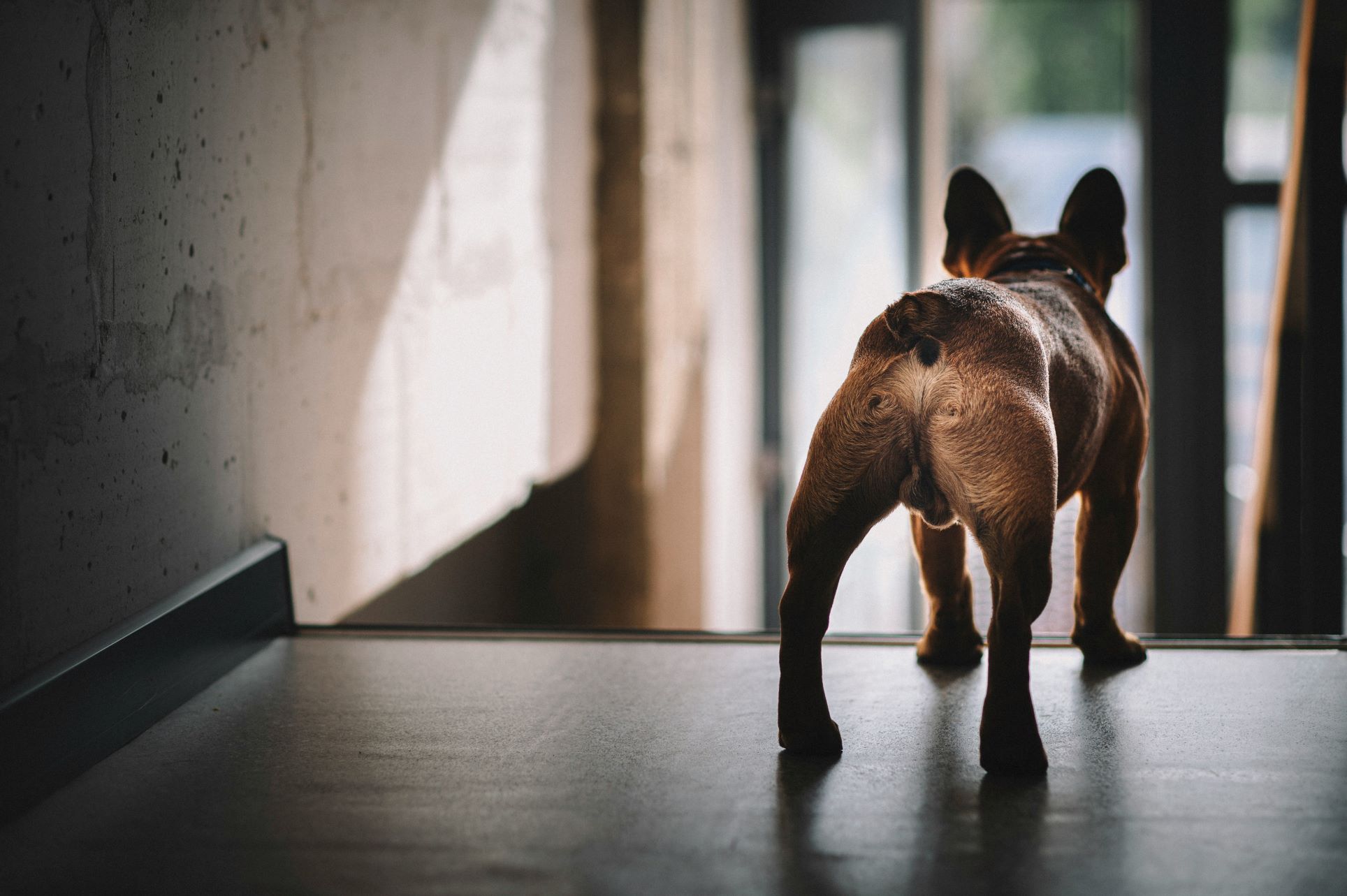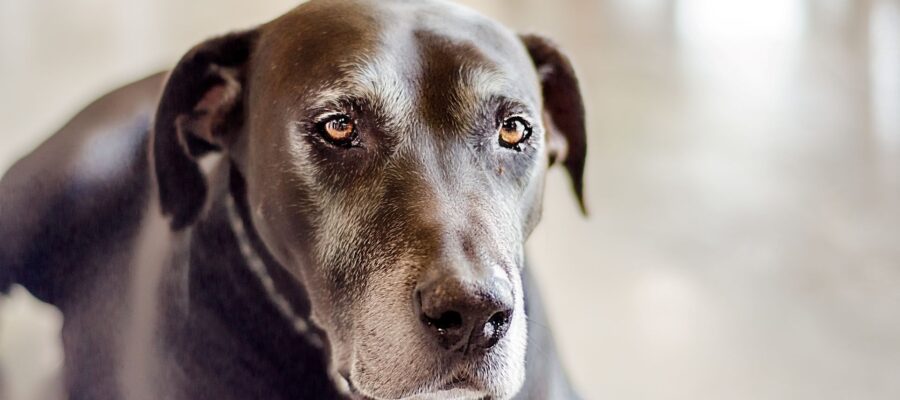
Dog Anal Glands: What They Are, Why They Matter, and When to Express Them
If you’ve ever caught your dog scooting across the carpet with a look of discomfort, you might have encountered the not-so-pleasant topic of anal glands. While not the most glamorous aspect of dog ownership, understanding anal glands is essential for your furry friend’s comfort and health. Let’s delve into what they are, why they’re important, and when it might be necessary to have them expressed.
What Are Anal Glands?
Dogs have two small sacs located on either side of their anus, often referred to as anal glands or anal sacs. These sacs produce a foul-smelling fluid that’s usually released during bowel movements, acting as a kind of scent marker for dogs. It’s a way for them to leave their unique “signature” behind.
Why Are Anal Glands Important?
Healthy anal glands empty naturally when your dog defecates, but sometimes they don’t empty completely. When this happens, the fluid can build up inside the sacs, leading to discomfort and potential health issues.
Signs Your Dog’s Anal Glands Need Attention
- Scooting: This is the most common sign. Your dog may drag their bottom across the ground in an attempt to relieve pressure.
- Excessive Licking or Biting: If your dog is obsessively licking or biting their rear end, it could be a sign of anal gland discomfort. This sign in particular one that I see my dog Jonas do for 5-10 minutes at a time before realizing he needs his anal glands expressed.
- Foul Odor: You might notice a strong, fishy smell coming from your dog’s rear end if their anal glands are full.
- Pain or Swelling: If the glands become impacted or infected, the area may appear swollen or your dog might react with pain when touched.
Why Anal Glands Need Expressing
Expressing a dog’s anal glands involves manually emptying the sacs of the accumulated fluid. This can be done by a veterinarian or a professional groomer. There are two main reasons why this might be necessary:
- Impaction: When the glands don’t empty naturally, the fluid thickens and becomes difficult to express. Impacted anal glands can be painful and may become infected.
- Regular Maintenance: Some dogs, due to their anatomy or other factors, have difficulty expressing their glands on their own. Regular manual expression can prevent discomfort and health issues.
When to Seek Professional Help
If your dog shows any signs of anal gland issues, consult your veterinarian. They can assess the situation, express the glands if needed, and recommend any further treatment if there’s an infection.
Prevention Tips
- High-Fiber Diet: A diet rich in fiber can help promote healthy bowel movements, which aids in natural anal gland expression. You can even try dog food enhancers to boost the amount of fiber your dog gets on a daily basis.
- Weight Management: Obesity can contribute to anal gland problems, so keep your dog at a healthy weight by practicing good weight management habits.
- Regular Vet Checkups: Include anal gland checks as part of your dog’s routine wellness exams.
Should You Express Your Dog’s Anal Glands at Home?
While some dog owners choose to express anal glands at home, it’s not recommended unless you’ve received proper training from a veterinarian. Improper technique can cause pain, injury, or even rupture the glands. It’s best to leave this procedure to professionals.
In Conclusion
Understanding your dog’s anal glands and knowing the signs of potential problems can help you ensure their comfort and well-being. If you suspect your dog is experiencing anal gland issues, don’t hesitate to seek veterinary care. With proper attention and prevention, you can keep your furry friend happy, healthy, and scoot-free!






